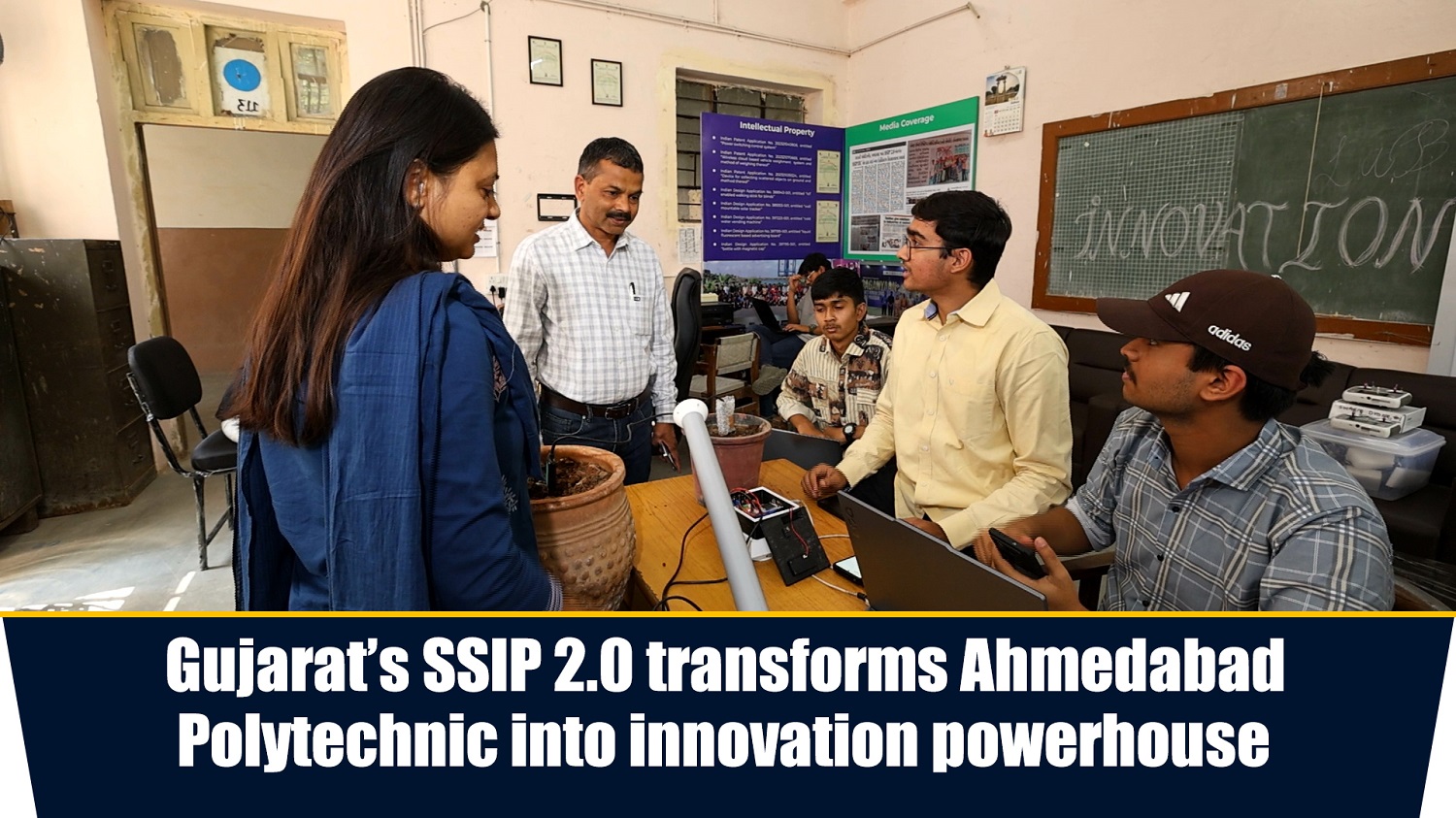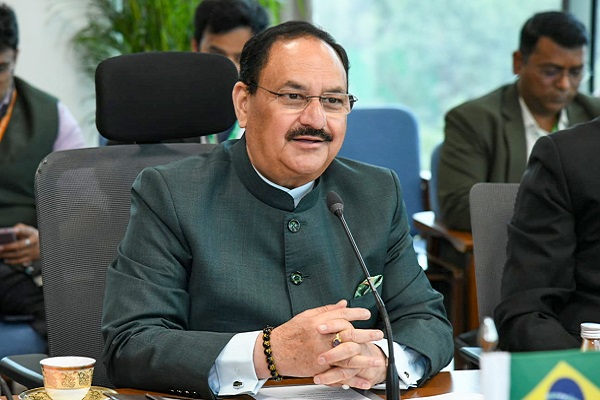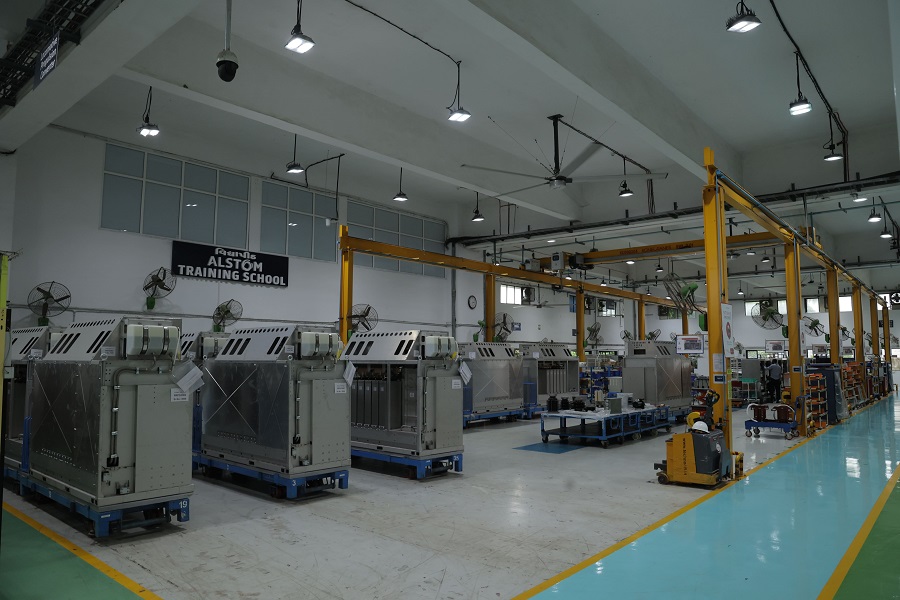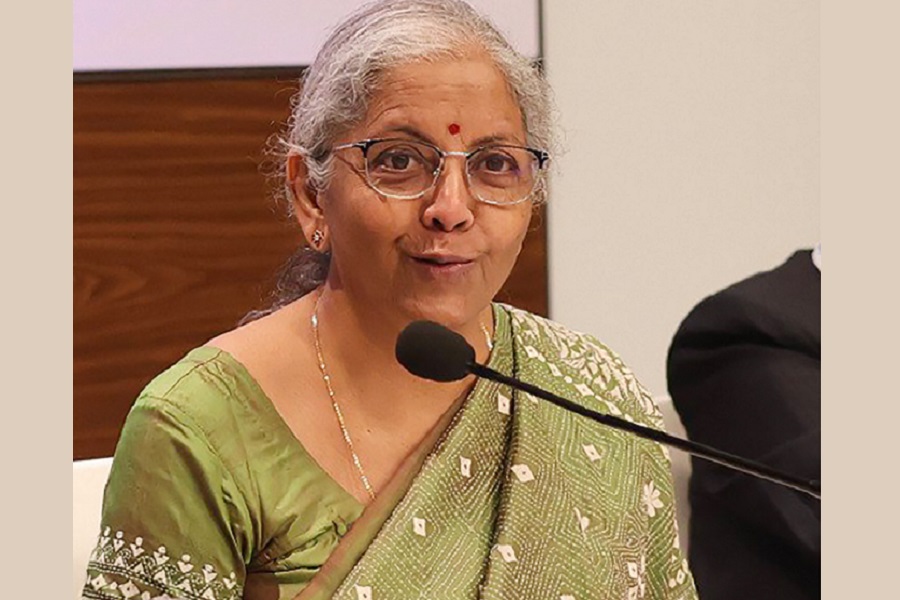Need to foster greater innovation in pharma sector: Punya Salila Srivastava

There is a great need to foster greater innovation in the pharmaceutical sector, said Union Health Secretary Punya Salila Srivastava on Thursday.
Delivering the keynote address at the 60th Annual Summit 2025 of the Organisation of Pharmaceutical Producers of India (OPPI) in the national capital, Srivastava highlighted the importance of strong partnerships between ministries and the pharmaceutical industry to enhance public health outcomes and address global health challenges.
“The need is to foster greater innovation in the pharmaceutical sector and transition from volume-based to value-based production,” the Health Secretary said.
She urged OPPI to intensify its focus on R&D within India, positioning the country as a global centre of excellence in pharmaceuticals.
The event also witnessed the release of a report that highlights the transformative journey of India's pharmaceutical sector as it evolves from its historical role as the "pharmacy of the world" to a global leader in innovation and scientific research.
The report by EY Parthenon and OPPI stated that the pharmaceutical industry is poised to play a critical role in driving economic growth and enhancing public health. It showed that pharmaceutical exports have surged from $15.07 billion in 2013-14 to $27.85 billion in FY 2023-24, with projections to exceed $30 billion soon.
Further, the report emphasised the emergence of Contract Research and Development Organizations (CRDMOs) and Contract Development and Manufacturing Organizations (CDMOs) as pivotal players in the pharmaceutical landscape.
While the global CRDMO market is projected to reach $303 billion by 2028, growing at a CAGR of 9.0 per cent, Indian CRDMOs are investing heavily in advanced manufacturing and analytics, positioning themselves as key partners in global research and development.
In addition, the establishment and expansion of Global Capability Centers (GCCs) by multinational pharmaceutical firms in India is becoming critical to enhancing the country’s innovation ecosystem, the report said. Approximately 50 per cent of leading global life sciences companies have set up GCCs in India, leveraging local talent and advanced digital capabilities.
















-96767.jpg)







